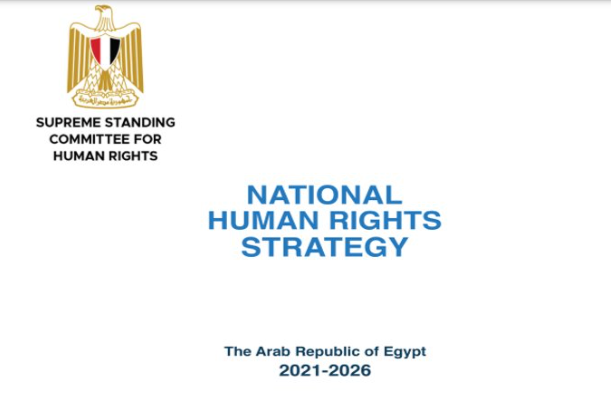Last week, an Egyptian court included 13 people accused under the Alliance of Hope case on the “terror list” for five years including the former parliamentarian Ziad al-Alimi, and the human rights activist Ramy Shaath, the Egypt coordinator of the Boycott, Divestment and Sanctions movement. The decision comes amid talk about parliamentary elections at the end of this year.
Punishment
Last June, al-Sisi’s regime initiated a vicious campaign against many civilian opponents, on the top of the list the lawyer Ziad al-Alimi, one of the most prominent political activists of the January 25 Revolution, and the leading personality in the Egyptian Social Democratic Party and the Civil Democratic Movement. Also targeted were the journalist Hossam Moanis, the director of Hamdeen Sabahi’s electoral campaign, and the activist Ramy Shaath, son of Nabil Shaath, a senior Palestinian official.
The case is known to the media as the hope cell, and charges were brought against the accused including “participating in an unauthorised group, calls to suspend the constitution and the law, preventing the state’s institution and public authorities from practicing its work, deliberately spreading false news, information and statements about the political and economic conditions in the country to disturb the public peace and destroy confidence in state institutions.”
The regime didn’t make any effort to fabricate a real charge against its political opponents, as it accused them of being affiliated to the Muslim Brotherhood, despite knowing with certainty that they had no relation to the Brotherhood. Al-Alimi was among the most prominent members of the National Salvation Front which supported the army’s move against the late President Mohamed Morsi and the Muslim Brotherhood. Hossam Moanis directed the electoral campaign of one of the most prominent opponents of the Brotherhood and as for Ramy Shaath, it’s well-known that he is on the left and has no relation with Islamist groups.
Al-Sisi was trying to disrupt the influence of the Hope Alliance on parliamentary elections but accused them of something else to save face. The case has become like a tomb where the regime bury its political opponents. There are now 83 people who have been accused on this case, the majority of them are not related to each other.
A warning to others
Al-Sisi’s regime wasn’t satisfied with detaining the accused for months on remand without trial or providing tangible evidence that they broke the law. The regime decided to make them as a warning to other politicians who aspire to participate in the parliamentary elections expected to be held in November by including some of them on the “terror list.”
Their inclusion on the terrorist list means severe penalties: A travel ban, pre-arrival screening lists, confiscation or revocation of passport, preventing the issuance of a new passport, suspension from working in public services and a ban on contracting with public sector companies and public business sector companies. The decision also means their money and assets will be frozen, the prohibition of all civil activities, preventing membership of unions, boards of directors of companies, societies, and institutions, or in any entity in which the state or citizens contribute a share.
Several opposition parties have criticised the decision, including The Egyptian Social Democratic Party.





Recent Comments